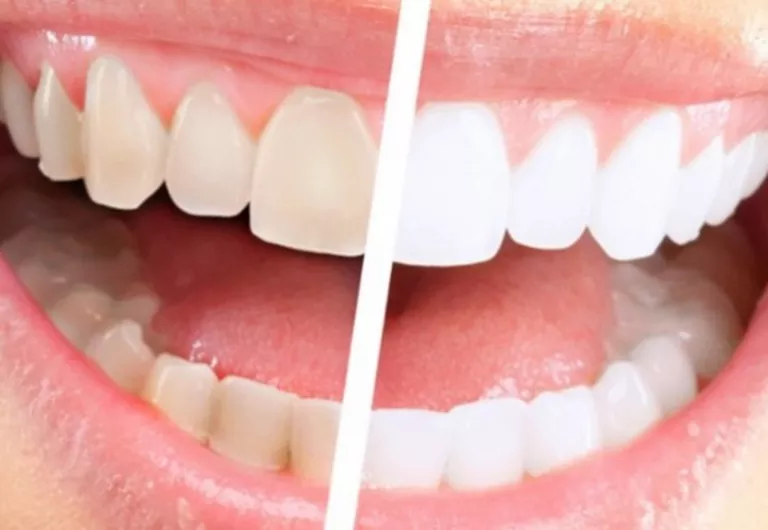

Restorative and Aesthetic Dentistry
The MSc Specialist Practice of Restorative and Aesthetic Dentistry is driven by new digital technologies as dentists are now expected to provide the latest orthodontic and advanced restorative treatments such as implantology and clear aligner treatments. Optimum results in these advanced treatment modalities are reliant on the maintenance of hard and soft tissue health and a sound understanding of periodontology which is fundamental to success.
Course Outline
C: Core / O: Optional
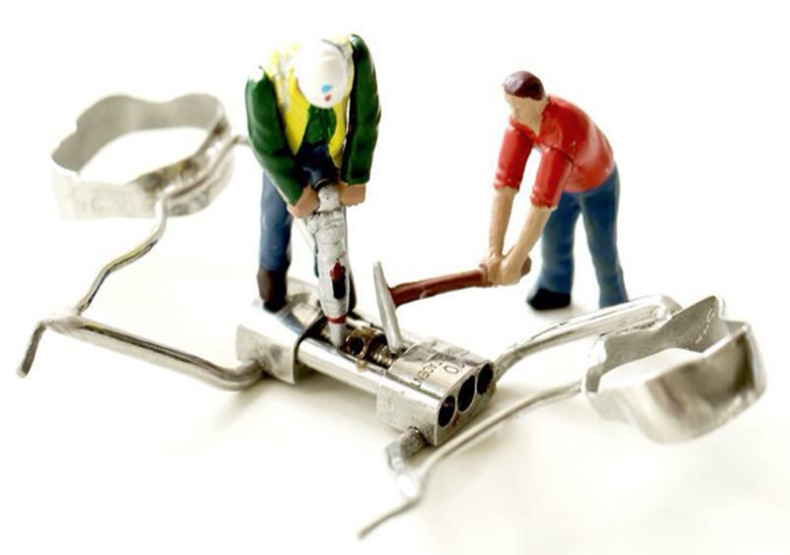
This module is designed to develop an evidence-based approach to patient selection as well as the knowledge and understanding of the theory and practice required to recognise and provide advanced level restorative and aesthetic treatment modalities and risk assessment. Its aim is to highlight potential restorative and aesthetic complications in treatment and for you to be able to develop risk assessment strategies to avoid or minimise these complications in restorative and aesthetic therapy. The practice of predominately elective treatments is one of the most challenging and complex fields of medicine as it often entails an in-depth knowledge of more than one specialty with each having a unique set of complications that need to be identified and effectively managed. These challenges can range from unacceptable aesthetics and poor treatment outcomes to irreversible surgical trauma to vital structures and potentially life-threatening haemorrhage. This module also develops a knowledge and understanding of the requirements and skills essential to the safe clinical practice and application of advanced treatment modalities and the challenge of long term maintenance issues or complications. As it is not possible to prevent all complications this module also considers essential management strategies and the ethical issues of informed consent and management of patient expectations.
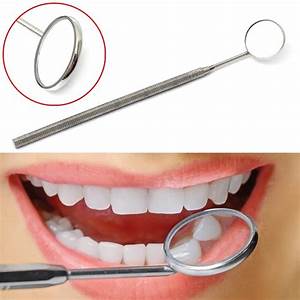
The aim of the module is to create a reflective practitioner by facilitating the development of reflective and innovative thinking in combination with problem solving in the treatment of implant patients. Reflective practice is an important tool in improving clinical judgement and developing medical expertise. It promotes a reflective and evidence based approach to clinical practice. The module requires students to formulate and justify their own patient centred treatment plans with illustrated case reports. The module affords the opportunity to demonstrate knowledge and understanding of a specialist treatment modality and reflect on learning experiences and competencies gained from various treatment modalities relevant to their dissertation topic. Students will also need to consider how their practices and attitudes have evolved and changed over time as a result of these experiences. Case reports will be used for them reflect on treatment outcomes so helping them to identify connections between intended and actual outcomes achieved and how they may be improved upon.
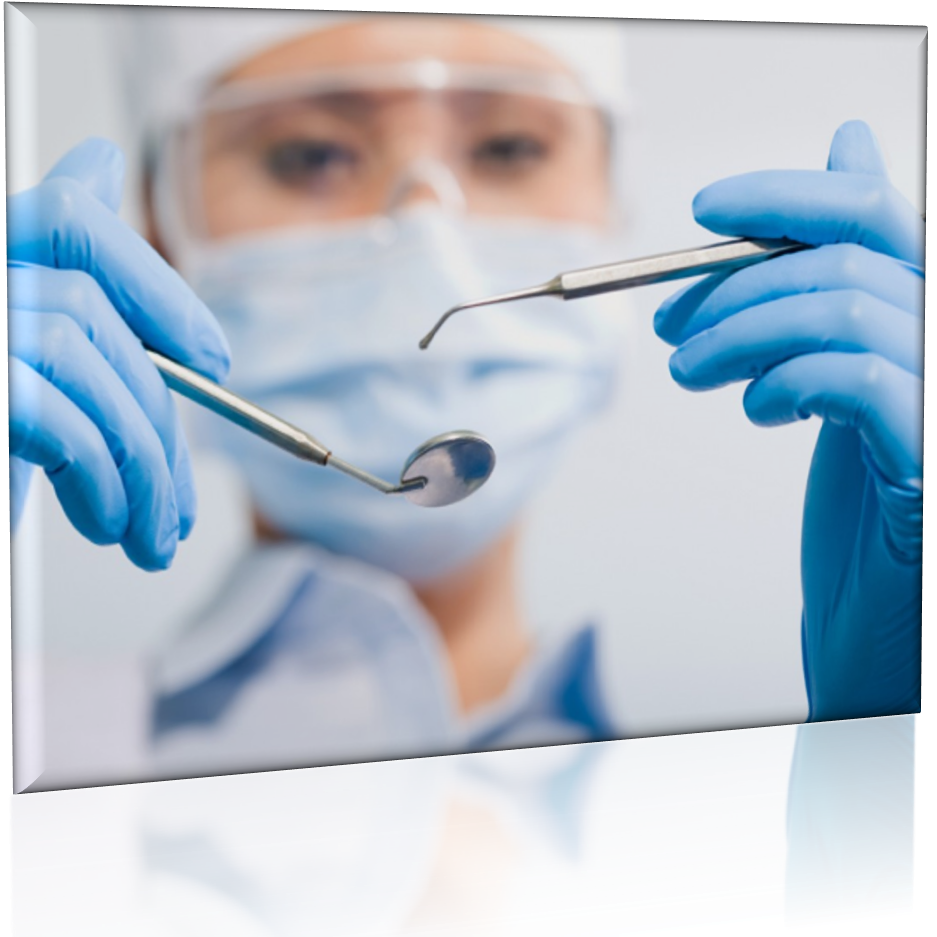
This module encourages the student to critically reflect on their professional, clinical and managerial practice in a specific field in order to explore questions which are fundamental to their professional development and eventual dissertation topic. It requires the student to evaluate their own knowledge base and to recognise and clarify the important connections between what they already know and what they intend to learn. It encourages information literacy, using contemporary and seminal sources in order to compile a critical evaluation of specialist practice to allow them to develop strategies which enhance their professional development. It will also be possible to arrange for supervised clinical placement of implants on actual patients in Dubai.
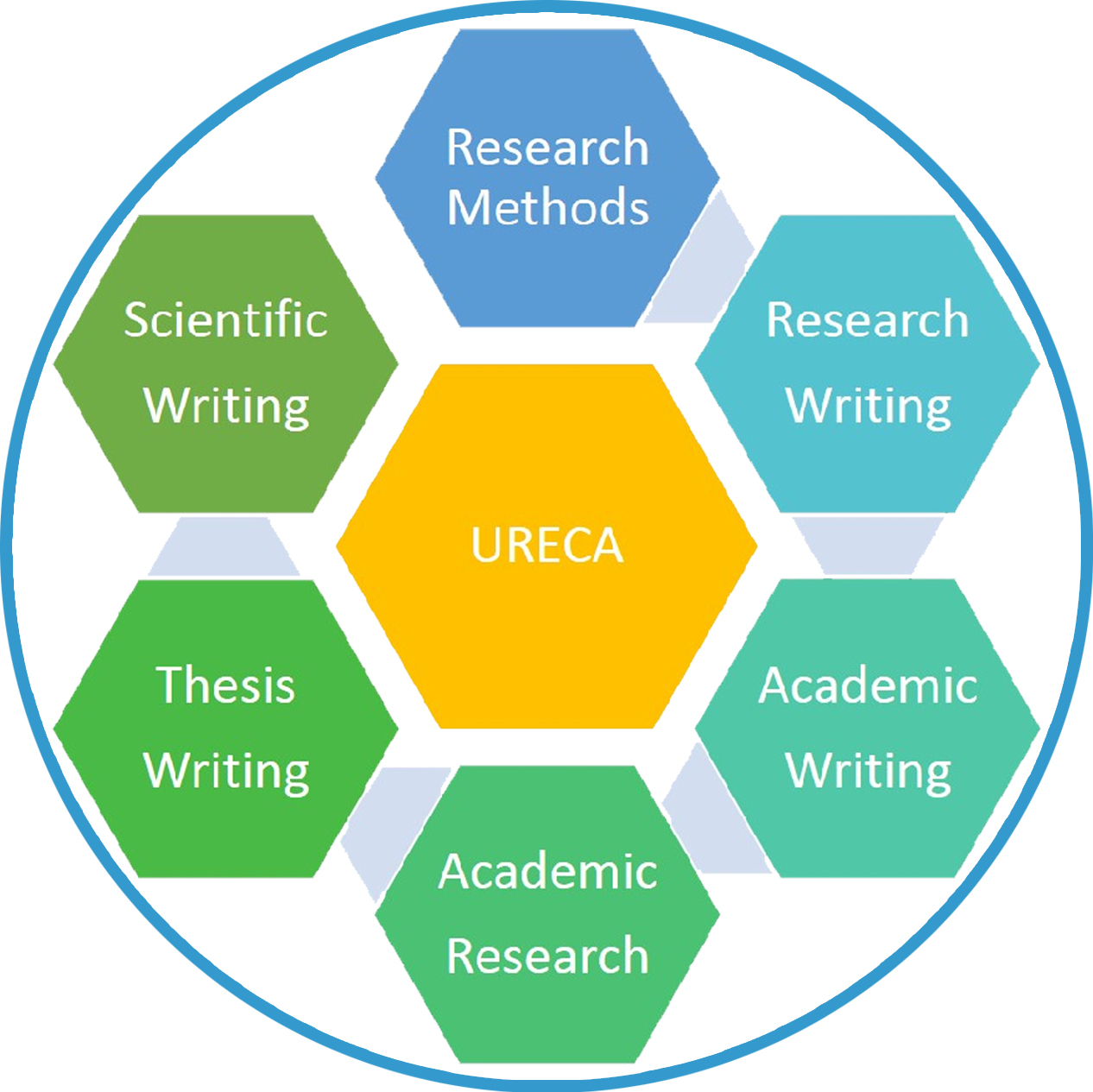
The aim of this module is to help you to develop research skills in order to identify your dissertation topic, make a detailed proposal and plan your research. It will develop the academic skills necessary for your study at Masters level. This comprehensive module covers clinical statistics, evidence-based practice, critical appraisal, measurement and research design, and explores their specific application in medical research and treatment. You will learn how to formulate realistic research objectives and an appropriate conceptual/analytical framework for your research. You will also learn how to identify, collate and critically review relevant evidence from the literature, and how to make informed decisions about which research philosophies, strategies and methods are applicable to your research.
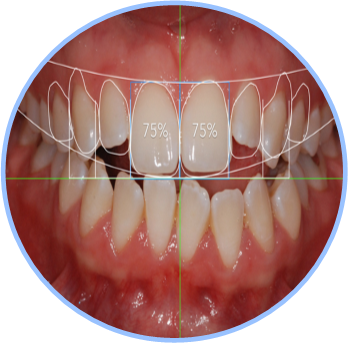
The module aims to provide an introduction to the concept of digital smile design and the aesthetic management of dentition through understanding the application of three-dimensional imaging systems and supporting software. Through this module, you will learn various restorative protocols used in aesthetic makeovers with both their advantages and their limitations. Patient case studies will be critically analysed and treatment planned using the technologies taught within the module.
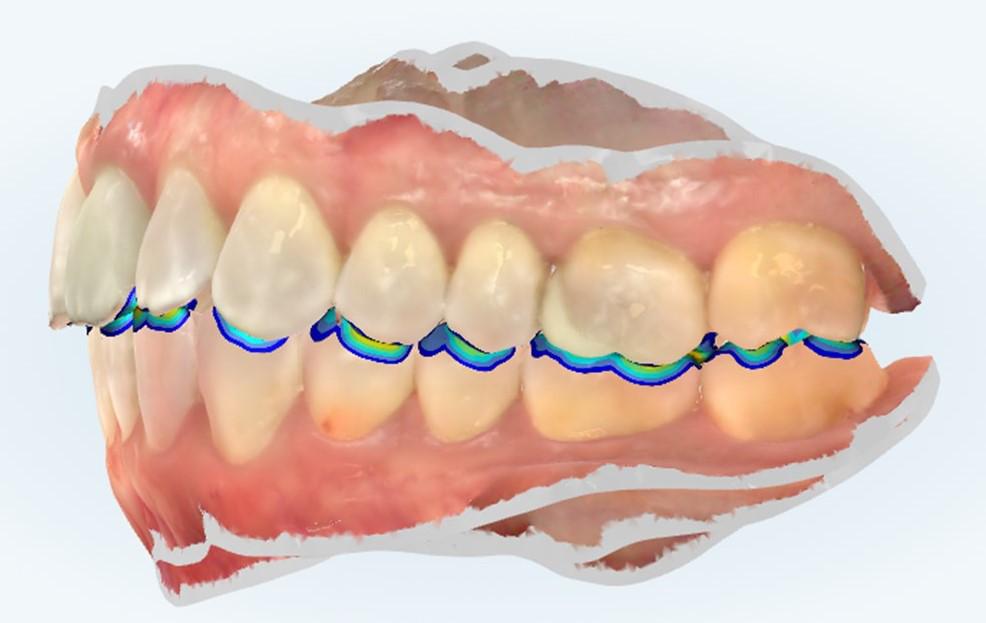
Patient aesthetic awareness coupled with the development of new orthodontic techniques, Implant, and restorative rehabilitation have increased the number of adults seeking advanced dental treatment. This has increased the likelihood of dentists having to diagnose and treat the occlusion as part of a larger treatment plan. This multidisciplinary module considers the anatomy, aetiology and management of occlusion from an orthodontic and restorative perspective. The aim of this module is to enable the dentist to effectively diagnose and formulate a treatment plan so that the patient can be treated with a comprehensive multidisciplinary approach.
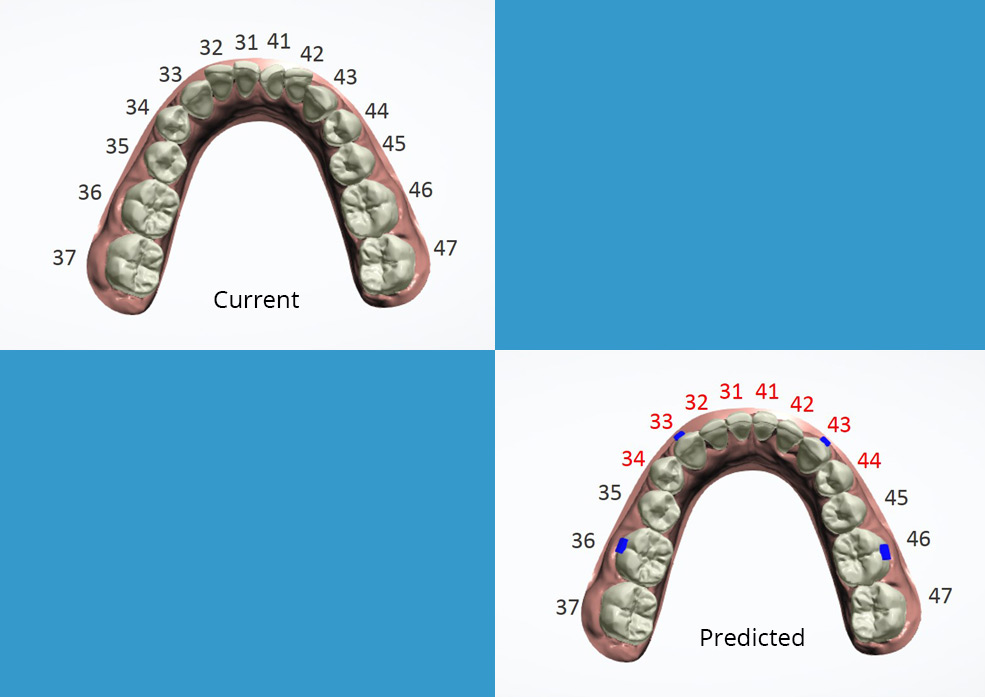
This module critically evaluates the latest computer assisted design and manufacturing technologies used in the practice of digital dentistry. It aims to give you experience in the use of commercial CADCAM systems and further develop your abilities in the production of implant guides and restorations. A familiarity with CAD software will be established. Dental computer packages will be used in order to develop a base level of competence and understanding. You will be encouraged to evaluate the significance and effectiveness of dental CADCAM systems. It will also introduce image capturing technologies, their indications and application to the digital work flow. The software commonly used in the treatment planning and design of restorative appliances and surgical guides will be covered in detail. You will have the opportunity to use CAD software in the treatment of actual cases and assess its functions and application for various treatment modalities. CAM processes will include various appliance fabrication hardware such as milling and printing machines.

This taught module provides an opportunity to undertake an extended and substantial piece of research. It allows you to synthesise the academic knowledge acquired from prior postgraduate and experiential learning to produce an evaluative and critical discussion of a specialist dental topic directly related to your programme of study. It aims to help you to develop your abilities in identifying a problem, establishing its significance, formulating a hypothesis/proposition, designing a means of testing the hypothesis and evaluating the results.
Apply for this Course
Apply NowRequest a Virtual Meeting
In relation to our course in 'Restorative and Aesthetic Dentistry' to discuss your learning requirements and our flexible fees.
Request NowAdmission Criteria
Normally, at least two years of demonstrable postgraduate clinical experience in clinical practice. For the MSc in Clinical Aesthetic Non-Surgical Interventions, entry will also be open to doctors, NMC registered nurses (prescribing), and prescribing pharmacists. Current registration with the UK General Dental Council (GDC), General Medical Council (GMC), Nursing & Midwifery Council (NMC), General Pharmaceutical Council (GPhC) or equivalents in another country. Evidence of appropriate professional liability insurance or medico-legal indemnity insurance, as may be required for the designated clinical setting, at an appropriate level.



